EEE :: Circuit Theorems in AC Analysis
-
If two currents are in the same direction at any instant of time in a given branch of a circuit, the net current at that instant
-
The Thevenin equivalent voltage is
-
Referring to the given circuit, L
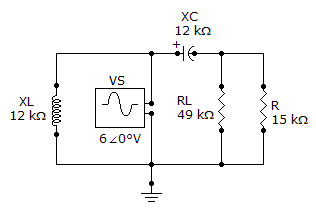
-
Referring to the given circuit, find ZTH for the part of the circuit that is external to RL.
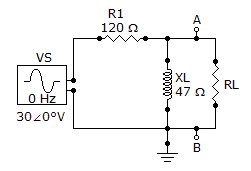
-
In order to get maximum power transfer from a capacitive source, the load must
-
Referring to the given circuit, determine ZTH as seen by RL.
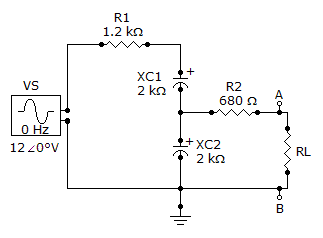
-
Referring to the given circuit, how much power, in watts, is delivered to the speaker at the determined frequency if VS = 4.5 VRMS?
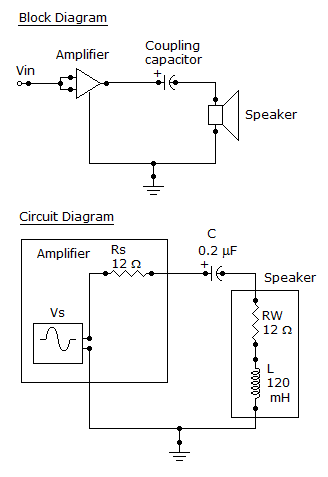
-
The Norton equivalent current is
-
Determine VTH if R1 is changed to 3.3 k
 .
. 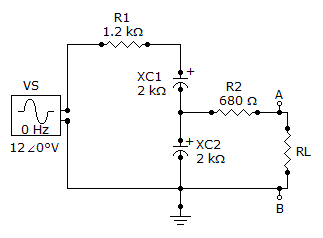
-
Referring to the given circuit, what is VTH if VS = 12
 0° V?
0° V? 


 Whatsapp
Whatsapp
 Facebook
Facebook

